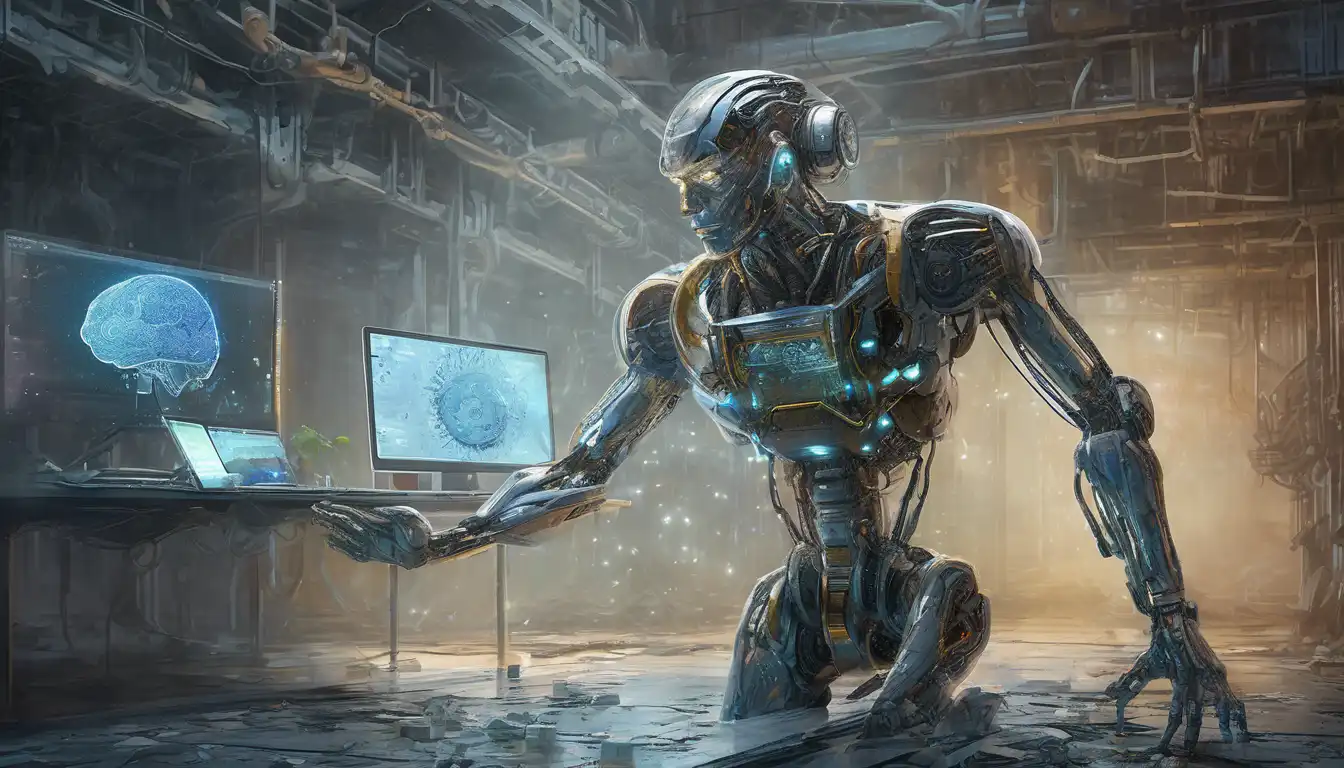Introduction to Artificial Intelligence
Artificial Intelligence (AI) has become a cornerstone of modern technology, influencing everything from how we shop to how we work. Despite its widespread application, there are numerous myths surrounding AI that obscure its true potential and limitations. This article aims to separate fact from fiction, providing a clear-eyed view of what AI can and cannot do.
Myth 1: AI Can Think and Feel Like Humans
One of the most pervasive myths is that AI possesses consciousness or emotions akin to humans. In reality, AI operates based on algorithms and data inputs. It can simulate aspects of human thought processes but lacks self-awareness or genuine emotional responses. For more insights into how AI works, explore our guide on AI mechanisms.
Myth 2: AI Will Replace All Human Jobs
While AI is transforming the job market, the notion that it will render human labor obsolete is exaggerated. AI excels at automating repetitive tasks but struggles with jobs requiring creativity, emotional intelligence, and complex decision-making. The future likely holds a collaborative relationship between humans and AI, not a replacement.
Myth 3: AI Is Infallible
AI systems are only as good as the data they're trained on. Biases in data can lead to skewed outcomes, and AI lacks the ability to understand context in the way humans do. Recognizing these limitations is crucial for developing more equitable and effective AI solutions.
Reality: AI Is a Tool, Not a Magic Solution
AI has the potential to solve complex problems and enhance efficiency across various sectors. However, it's not a panacea. Successful AI implementation requires careful planning, ethical considerations, and ongoing human oversight. Discover how businesses are leveraging AI responsibly in our feature on AI applications.
Conclusion
Understanding the realities of AI is essential for harnessing its benefits while mitigating risks. By debunking common myths, we can approach AI with a balanced perspective, recognizing its value as a transformative yet imperfect technology. As AI continues to evolve, staying informed will be key to navigating its impact on society.
